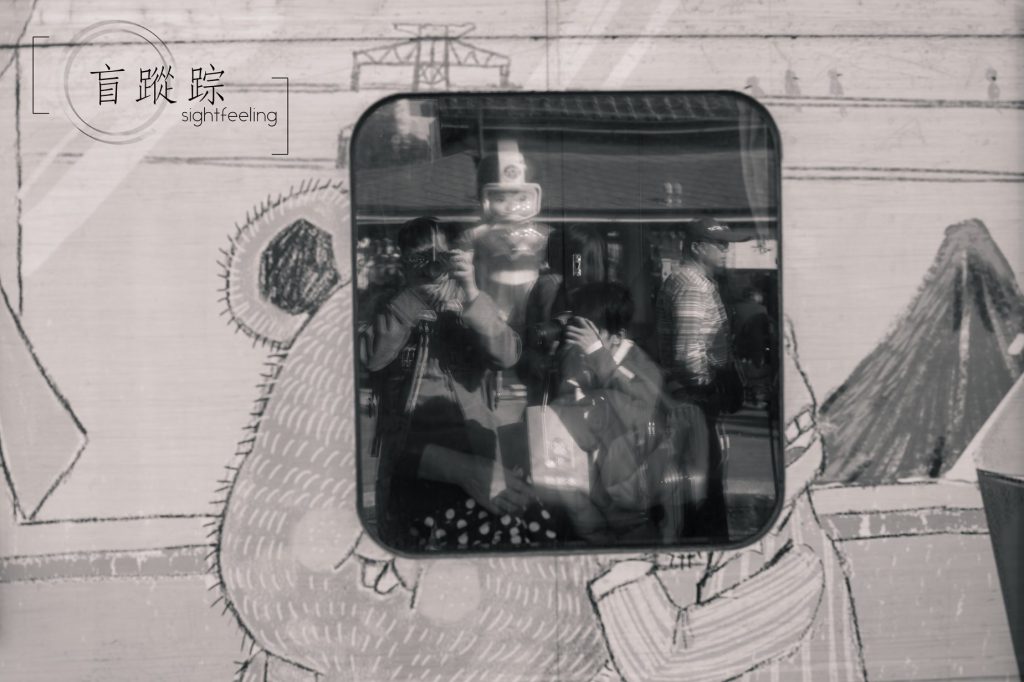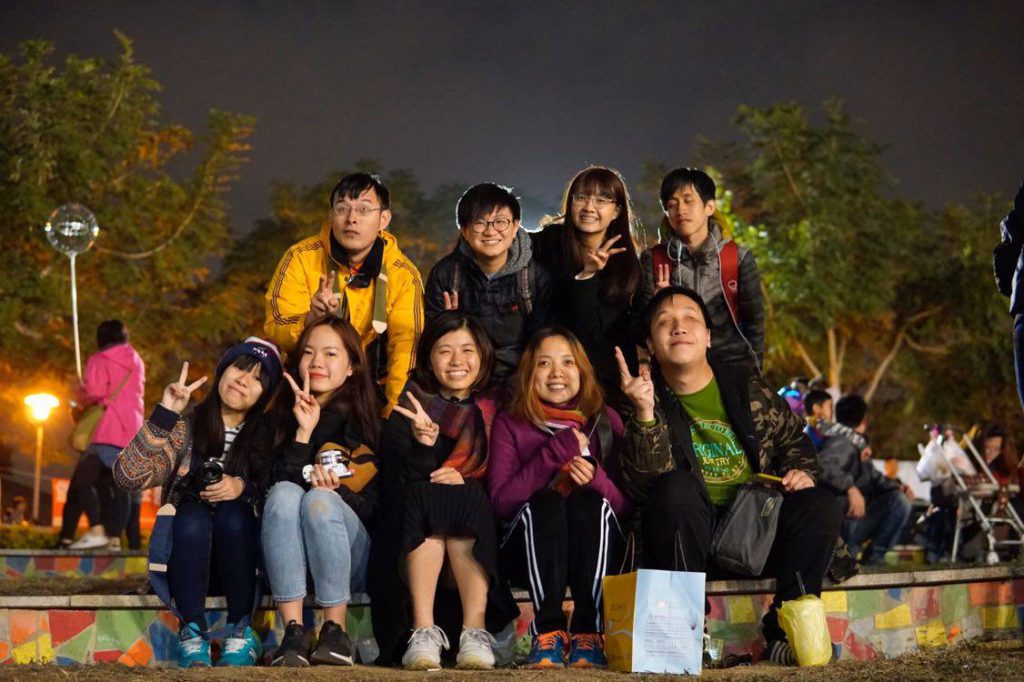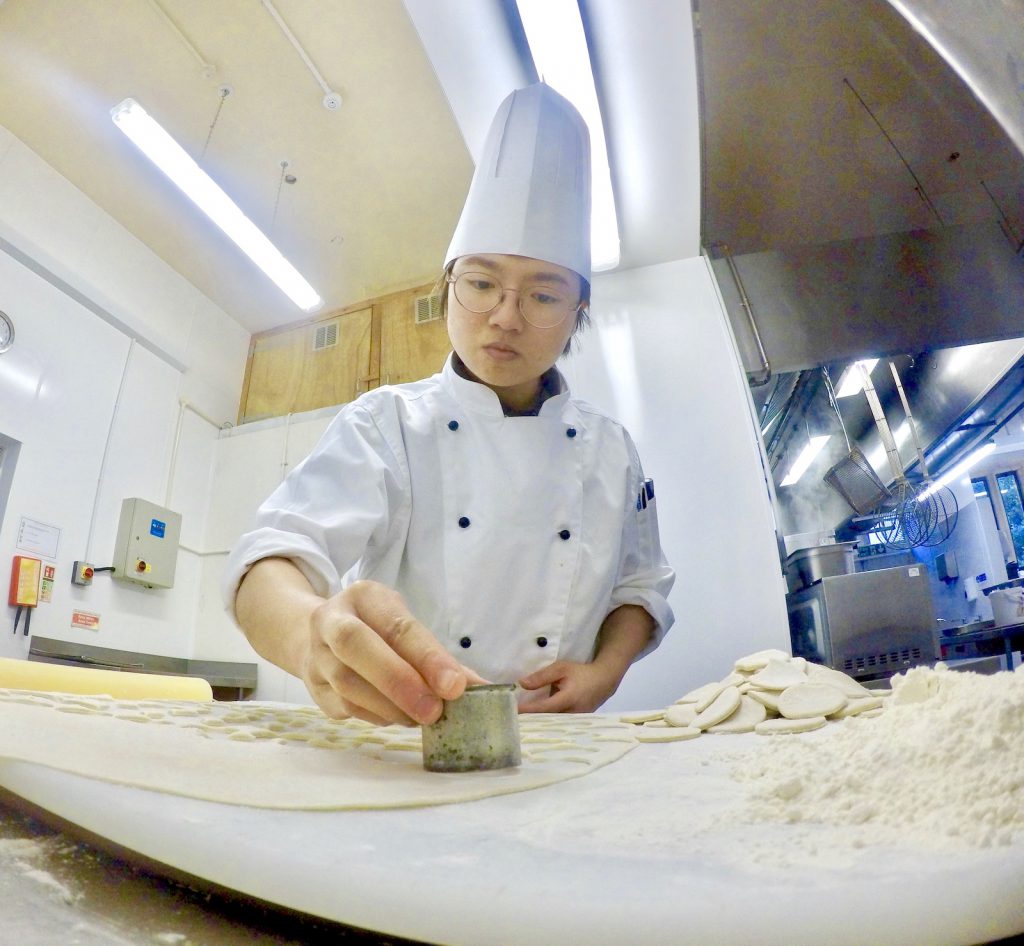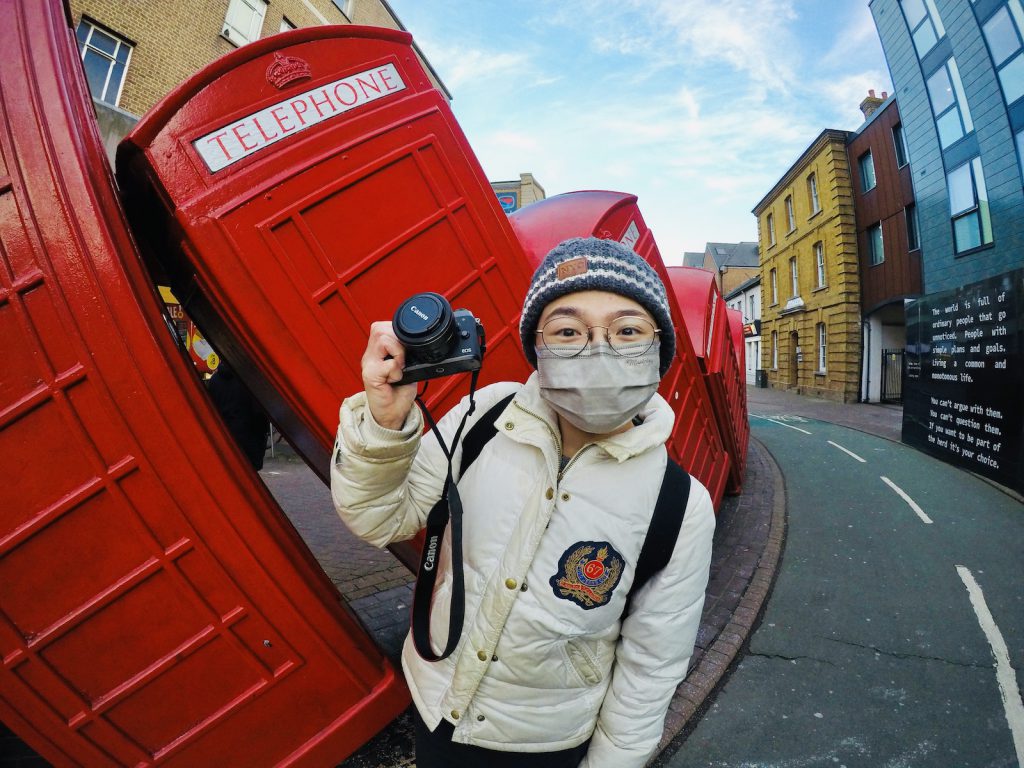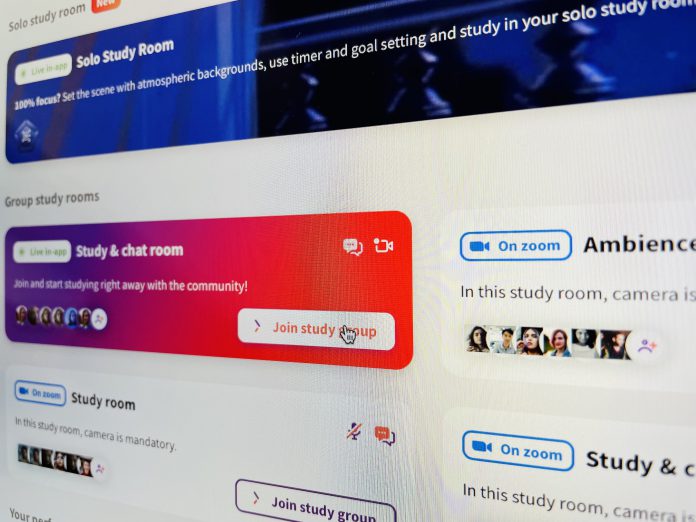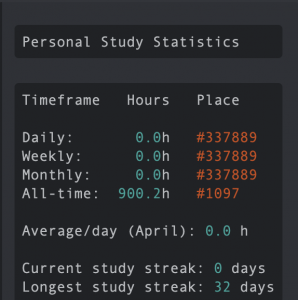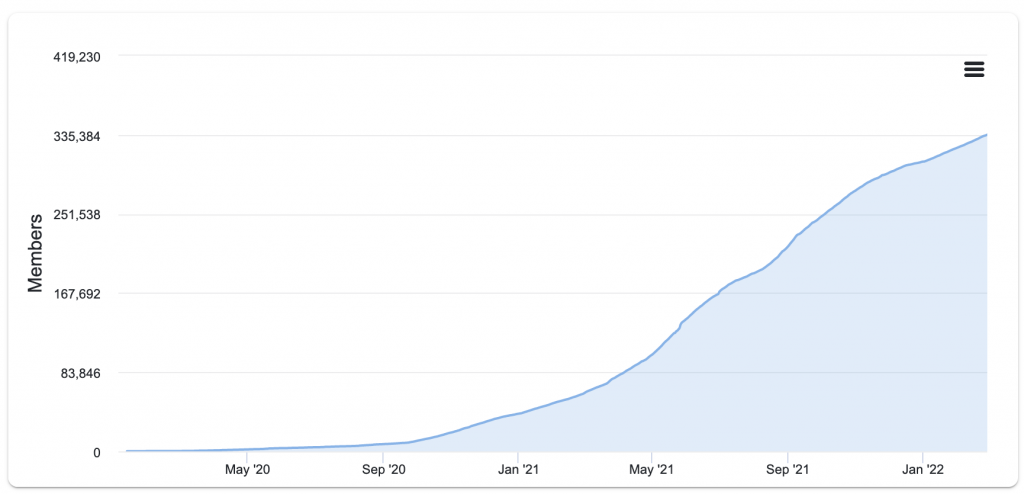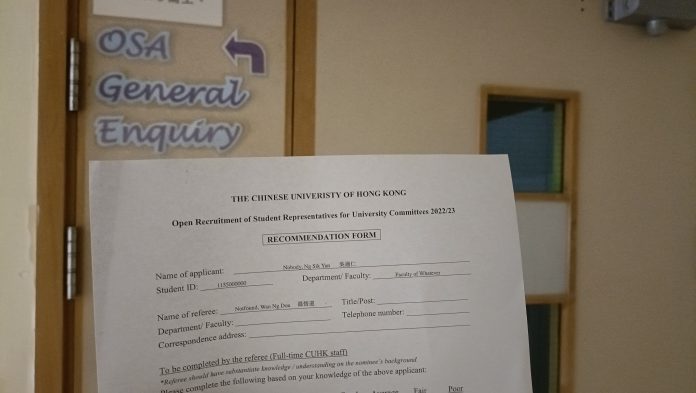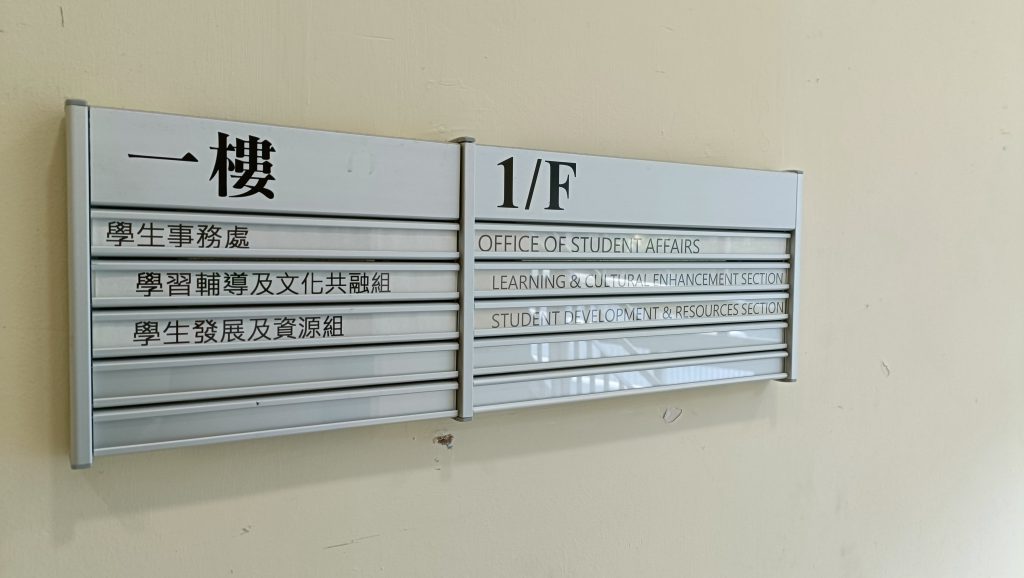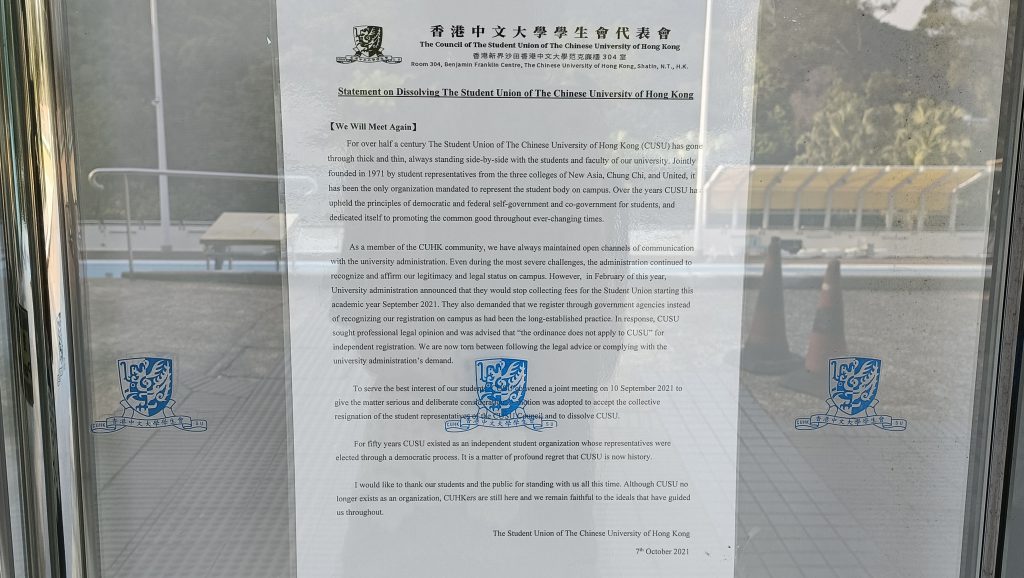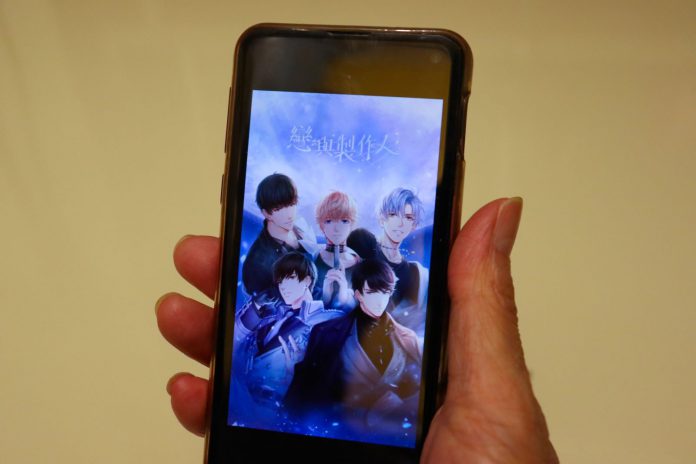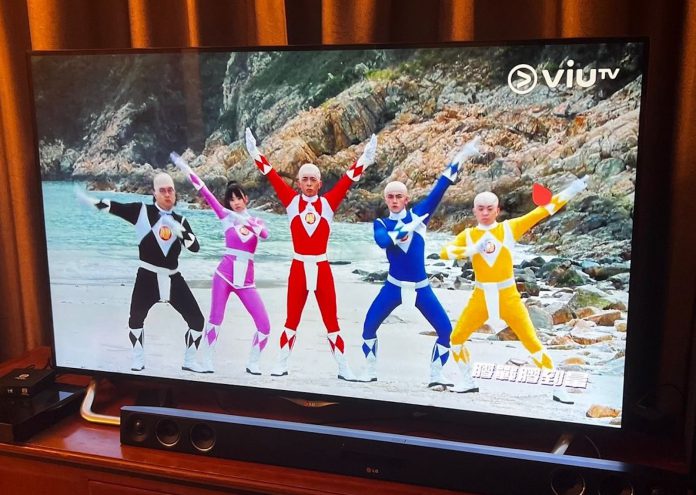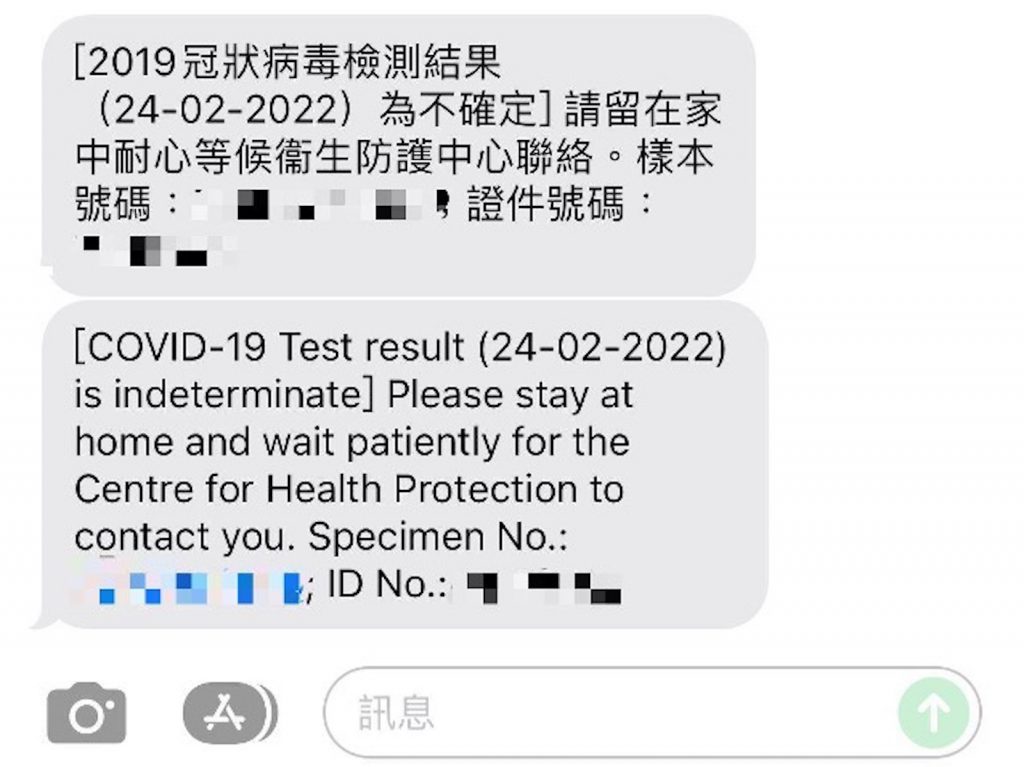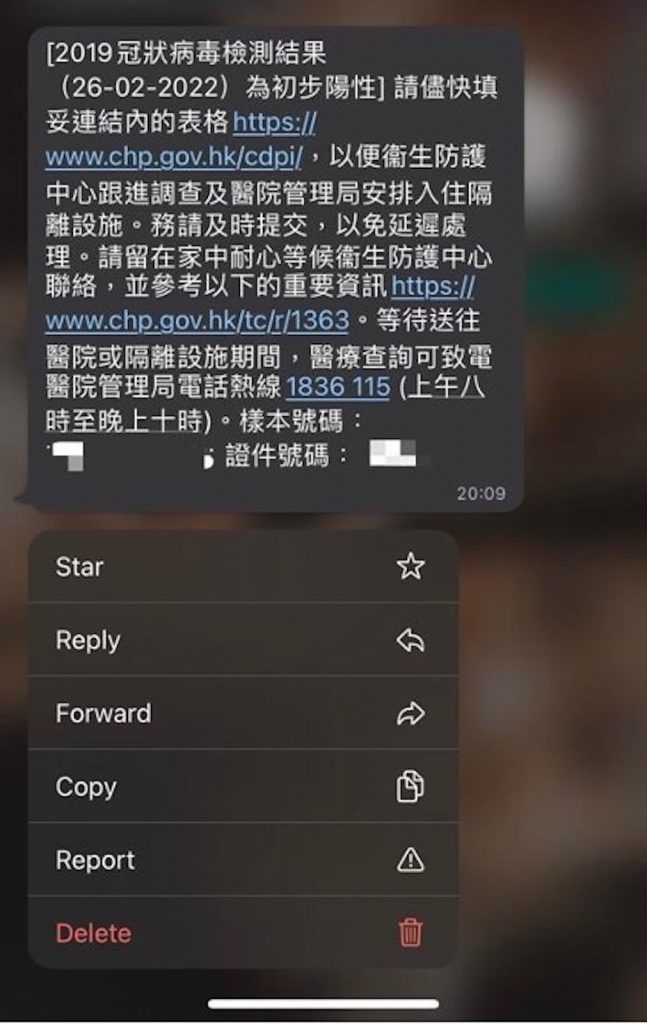Timothy Ho Chu-ting, a rope skipping world champion, worked as a delivery man, is still passionate in rope skipping despite having difficulties in training during the pandemic.
Esme Lam
Timothy Ho Chu-ting, the first Asian world champion of rope skipping, was forced to work as a delivery man during the pandemic.
Ho did two hours of training in between his two part time jobs working as a delivery man for Foodpanda from 11 a.m. to 1 or 2 p.m. and 11 p.m. to 7 a.m. for McDonald’s three days a week from December 2020 to February 2021.
“No matter what I do for a living, I always make sure I have time for training. I must ensure that I am fit and ready when physical competitions and training classes resume,” he says.
Being the winner of Male Individual Overall Champion of the World Rope Skipping Championships in 2014 and 2016, Ho is both an athlete and a coach.

(Photo Courtesy of Timothy Ho Chu-ting)
But most of his classes have been cancelled because of the pandemic and his income has dropped by 20 per cent.
“I have never thought of working at McDonald’s and being a delivery man. I thought I would always be a rope skipping athlete and a coach,” he says.
From his experience as a delivery man, Ho has learnt to enjoy working no matter what job he has.
“I enjoy cycling while delivering food. It feels good to exercise and work at the same time,” he says.
Despite his passion for rope skipping, finding a venue for training is not easy during the pandemic, as sports centres have been closed.
“Sometimes I just walk on the streets to find random places for training. It is also difficult to breathe as masks are required when doing outdoor exercise,” he says.
“Sometimes I just walk on the streets to find random places for training. It is also difficult to breathe as masks are required when doing outdoor exercise.”
Ho’s daily training session mainly consists of three areas: speed training, jumping skills and physical training.
“I used to do training five to six days a week. Now I have to cut down my training to two hours per day and four days a week because of the pandemic,” he says.
The pandemic not only has affected his job and training, Ho also has to overcome challenges of taking part in virtual rope skipping contests.
“To be honest, I do not like virtual competitions…but I will do it because of sportsmanship,” he says, adding that videos are taken repeatedly until he has a clip of his perfect performance.
“This makes athletes very tired. I spent one whole month producing six videos for submission of the virtual world championships last year,” he says.

(Photo Courtesy of Timothy Ho Chu-ting)
Apart from hardship caused by the pandemic, Ho has to combat his injury which is his worst nightmare. He had to stop his training for two months in 2021.
“I feel so strange. It seems that I have tried my best already, but it also seems that I have not due to the injury,” he says.
Despite training so hard all his life, rope skipping was not Ho’s favourite sport when he was a child.
Ho started rope skipping for physical training in his badminton lessons. He then joined rope skipping classes after his physical education teacher discovered his talent when he was five.
After winning his first award in a competition when he was a Primary Five pupil, he fell in love with rope skipping.
“It not only gives me the sense of achievement, but also helps me build friendship with my teammates who do training and make progress with me,” he adds.
At the age of 19, Ho won his first world champion title in the World Rope Skipping Championships in 2014.
“When the flag of Hong Kong was raised inside the Hong Kong Stadium in the awards ceremony, I was really excited. It was a great honour for me to represent my home place to win an award,” he recalls.
“When the flag of Hong Kong was raised inside the Hong Kong Stadium in the awards ceremony, I was really excited.”
Ho has different feelings when joining competitions with a different hat.
“I feel scared and worried about my performance when I take part in competitions. I feel even more worried when my students take part in contests, as I am afraid that they may fail to perform certain skills that they have put a lot of effort into mastering. Sometimes I am even more nervous than my students,” Ho says.
Ho once taught students with emotional or behavioural problems in 2020. The students were unwilling to engage in class at first.
“I changed my coaching practice and taught them in a playful way. They then became willing to give rope skipping a try. As I mainly hold my lessons in mainstream schools, this special experience gives me a great sense of achievement,” he says.
To promote the sport, Ho started producing YouTube clips featuring rope skipping skills and work outs videos in February 2022.
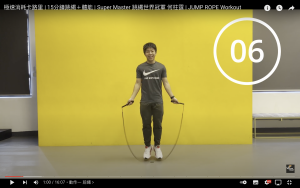
(Screenshot of YouTube video)
“Rope skipping classes are usually for kids and teenagers. I want to promote rope skipping to adults by producing videos about how to keep fit with the sport,” he adds.
“I hope that rope skipping will become so popular that it will one day be one of the sports events in the Olympic Games, and my students and I will have a chance to represent Hong Kong,” Ho says.
“I hope that rope skipping will become so popular that it will one day be one of the sports events in the Olympic Games, and my students and I will have a chance to represent Hong Kong.”
Edited by Winkie Ng
Sub-edited by Leung Pak-hei








































